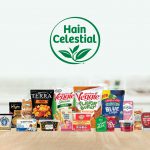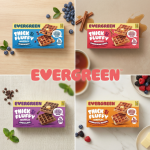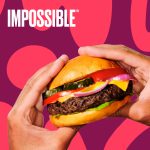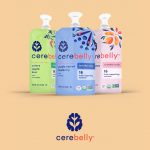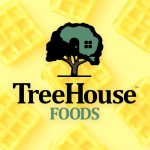Kraft-Heinz Credits Growth To Core, Conventional Lines and Company’s ‘Consumer Obsession’
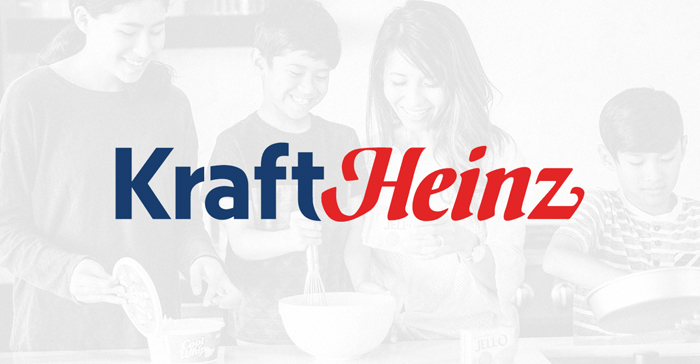
Despite record levels of inflation following two years of supply chain disruptions and market volatility caused by the war in Ukraine, Kraft Heinz CEO Miguel Patrico said the company is “well positioned for the path forward” after reporting a 6.8% increase in organic net sales in its Q1 2022 earnings report, released Wednesday morning.
Speaking during a call with investors, Patrico credited the company’s continued upward momentum to the resonance and affordability of the key brands in its portfolio.
“Consider the inherent value of a comforting, nourishing meal featuring an Oscar Mayer Hot Dog, Heinz Ketchup and Kraft Mac and Cheese that can be enjoyed for less than $1 a serving,” Patrico said.
Additionally, Andre Maciel, Kraft Heinz Global CFO, said the company will continue to hedge against inflationary pressures and believes it is in a solid position “to fuel future growth.”
“We have remained disciplined with our hedging strategy and have good visibility to the level of inflation we can expect to experience in the coming months. For example, relative to those costs most impacted by the recent conflict in Ukraine, such as grains, energy and oils, we are currently hedged into the fourth quarter,” Maciel said.
Patrico also highlighted that the company’s strategy – sequential price increases and leveraging its scale and efficiencies against production constraints – coupled with “resilient retail demand” has allowed it to narrow inflation-derived margin gaps. In addition to its retail-facing business, the company’s foodservice arm, which took a major hit during the pandemic, rebounded with 17% growth this quarter and now accounts for roughly 12% of the company’s total sales.
Alongside foodservice, Kraft-Heinz’s growth has been accelerated by its international expansion through a “sustainable and repeatable” go-to-market strategy, leading to 30% growth this quarter. The company tested the model in Brazil and “numerous other markets” and expects to continue deploying to new geographies while leveraging new acquisitions, Brazilian food company Hemmer and Istanbul-based Assan Foods.
While the business continues to expand, it is also refining its approach. Kraft has lessened its focus on private label through “strategic divestments” in order to maintain focus on its competitively priced core, branded products. The company’s private label arm has shrunk 6% since 2019 and now accounts for roughly 11% of its total business, following over $120 million in divestitures.
Patrico said Kraft’s sales growth has also been accelerated by its position as a data-driven, “consumer-obsessed” company. Last week, Kraft-Heinz partnered with Microsoft to utilize machine learning and analytics to inform innovations and efficiency improvements throughout manufacturing, logistics, revenue management and R&D.
In addition to Microsoft, it is utilizing data derived from platforms including Google, LiveRamp and Lytics to generate its Kraft-O-Matic insights. The first-party insight platform has the ability to analyze consumer behavior across all Kraft-Heinz brands, points of sale, panels and marketing. These analytics “build the bridge” between consumer needs and its ability to meet those demands.
“That is where our content creation studio, we call it The Kitchen, plugs in, to offer individualized content – at scale,” explained Patrico. “This artificial intelligence-powered asset creation enables us to create more than 500 customizations of a single marketing asset.”
He continued, “going forward, we will draw on our extensive marketing capabilities to elevate our value proposition to the public through product innovation, assortments and promotions, channel mix optimization and omni-channel communications. We see value beyond price as both highly adaptable for all market cycles and conditions as well as a differentiated way to compete effectively against private label.”


